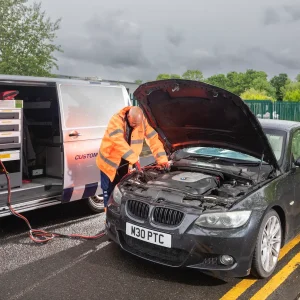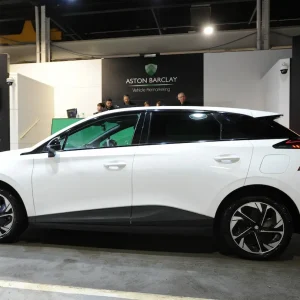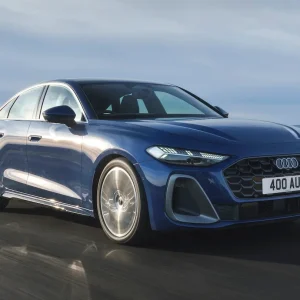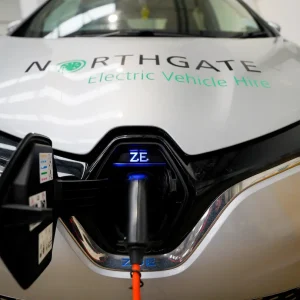Ways of encouraging commuters to use multiple forms of transport, rather than relying on cars, should be supported by the UK Government.
That’s the view of fleet operator organisation ACFO, and the British Vehicle Rental and Leasing Association (BVRLA).
ACFO made the recommendation to MPs in its submission to a House of Commons Transport Committee inquiry into mobility as a service (MaaS), while the BVRLA included the subject in its response to a DEFRA consultation entitled ‘Air Quality: Additional measures to support individuals and businesses affected by local NO2 plans’.
According to ACFO, employees should be provided with individual mobility cards by their employers that could be used to access all forms of travel, fed from an app that could plan and charge costs accordingly.
The organisation believes that a new breed of mobility manager, analysing the total cost of journeys made by employees, would have their role enhanced by the wider adoption of a fully integrated MaaS operation.
ACFO said, “This could be crucial in the provision of general ground transportation for employees on company business. MaaS should be at the forefront of how businesses should be looking at travel, to ensure they are using the best options for the journey, for environment, cost, safety and employee reasons.”
In advocating mobility cards, ACFO said it had seen numerous apps, for journey planning and ticket holding, from various business travel agents, as well as apps for recording and submitting expenses, but that the ability of a company to join them together was fairly rare.
As a result, “the support of the Government towards a more integrated system will help businesses adapt and manage their mobility needs more effectively,” ACFO said. “Businesses are starting to understand the power and advantages that integrated technology can supply. But we feel that they cannot see the whole new world this could bring.
“This support and encouragement should have a marked environmental impact on journeys being made. The choices and range of services that these systems can provide should be embraced, as the advantages for the country and communities as a whole will be dramatic.”
ACFO said that such a scheme would be welcomed by younger employees in particular, who were, in many cases, looking for transport solutions that were more flexible than the provision of a car, whether company-provided or privately owned.
For the BVRLA, the drive to combat pollution in city centres provides an opportunity for change, with the organisation arguing in its submission to DEFRA that the introduction of Clean Air Zones should serve as a catalyst for its proposed mobility credit scheme.
This would take the form of a scrappage scheme, which would give people credits to use for occasional vehicle rental, hours of car club use and public transport.
The BVRLA has previously argued that Clean Air Zones provide an incentive for businesses to move away from grey- fleet vehicles. BVRLA chief executive Gerry Keaney said, “Clean Air Zones are coming to many of our largest urban areas and have the potential to significantly impact local people and businesses.
“We are calling for a carefully managed transition that encourages people and businesses to use more sustainable vehicles and modes of transport. Crucially, it must be done in a way that encourages people and businesses to make long-term changes in their behaviour.
“Hence our strong advocacy of our mobility credits initiative, which will help remove thousands of the most polluting vehicles from the roads.”
In its submission, the BVRLA also said the Government should offer support through a “managed transition”, allowing small and medium-sized businesses time to make fleet adjustments in line with their normal cycle, without incurring unnecessary additional costs.
The BVRLA also called for improved fiscal incentives for ultra-low emission vehicles, and for the possibility of lanes for low-emission vehicles on congested routes to be explored.





